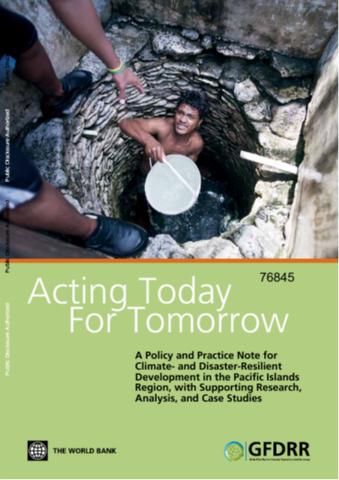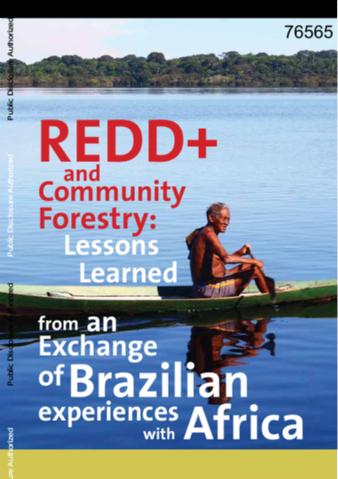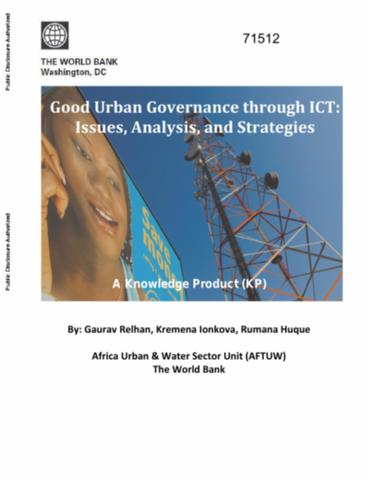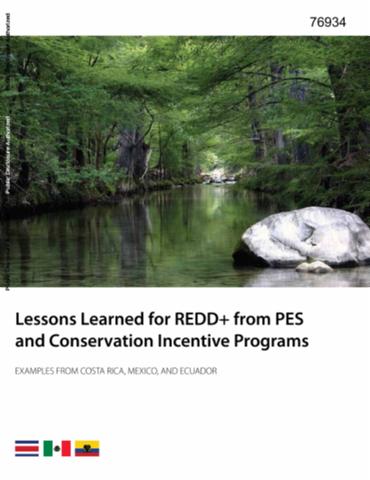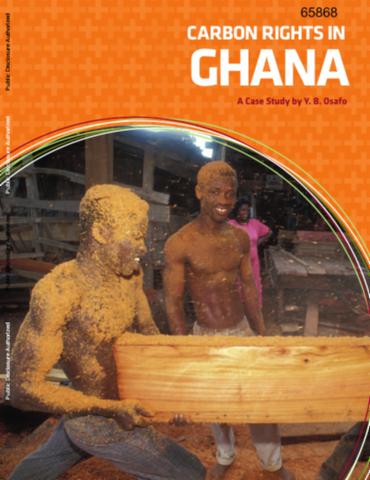Modelling the impacts of land-cover change on streamflow dynamics of a tropical rainforest headwater catchment
A modelling experiment is used to examine different land-use scenarios ranging from extreme deforestation (31% forest cover) to pristine (95% forest cover) conditions and related Payment for Ecosystem Services (PES) schemes to assess whether a change in streamflow dynamics, discharge extremes and mean annual water balance of a 73.4-km² tropical headwater catchment in Costa Rica could be detecte


